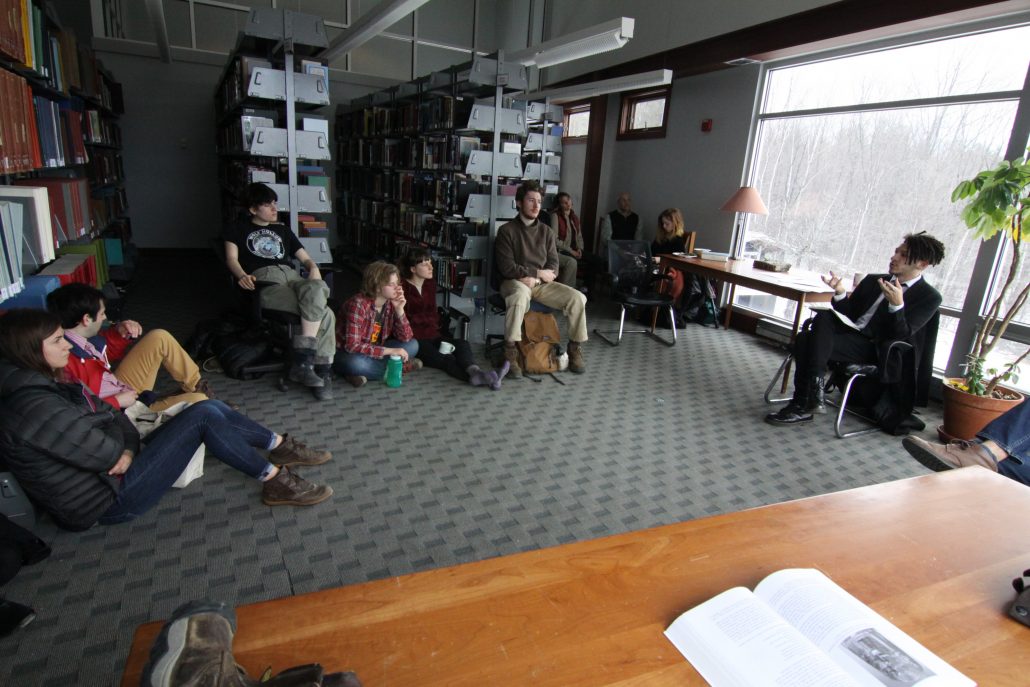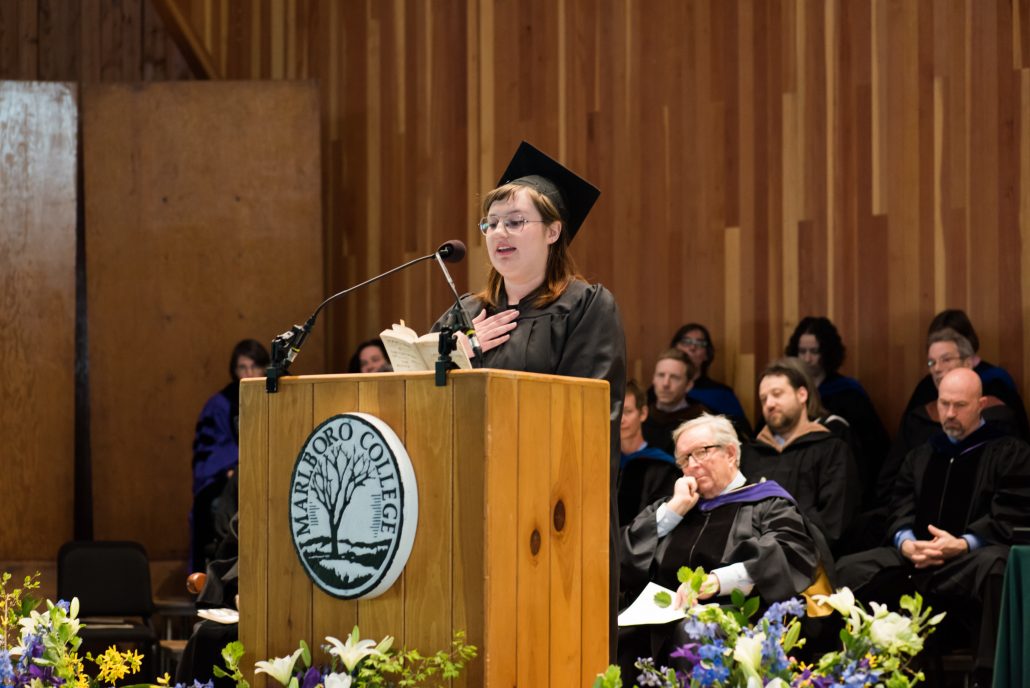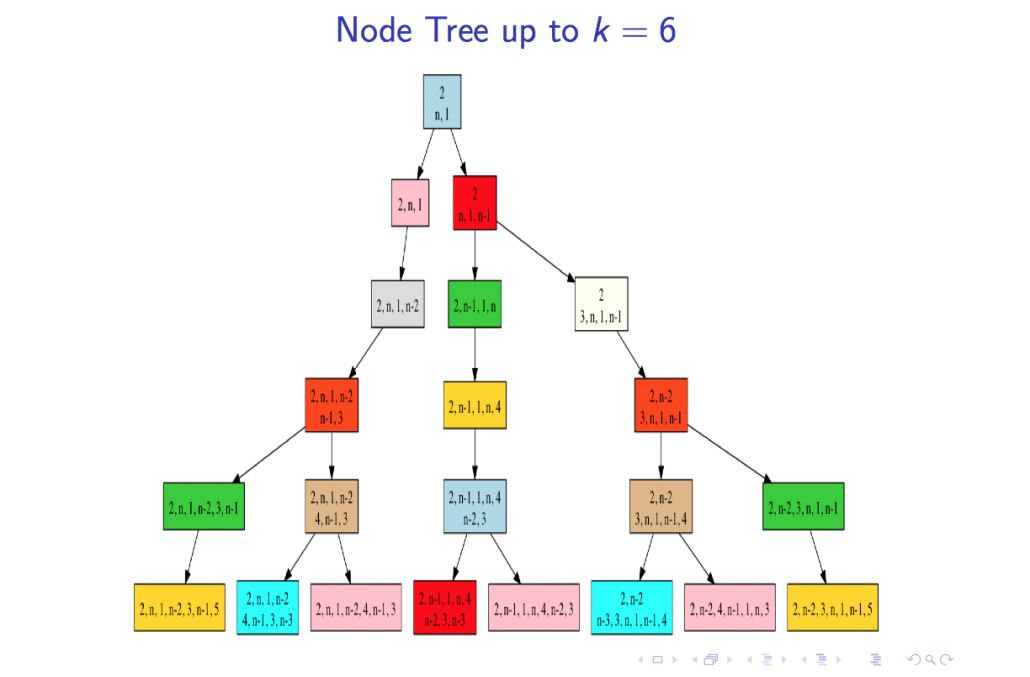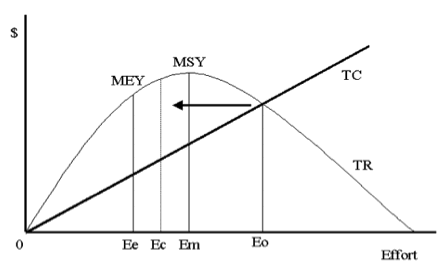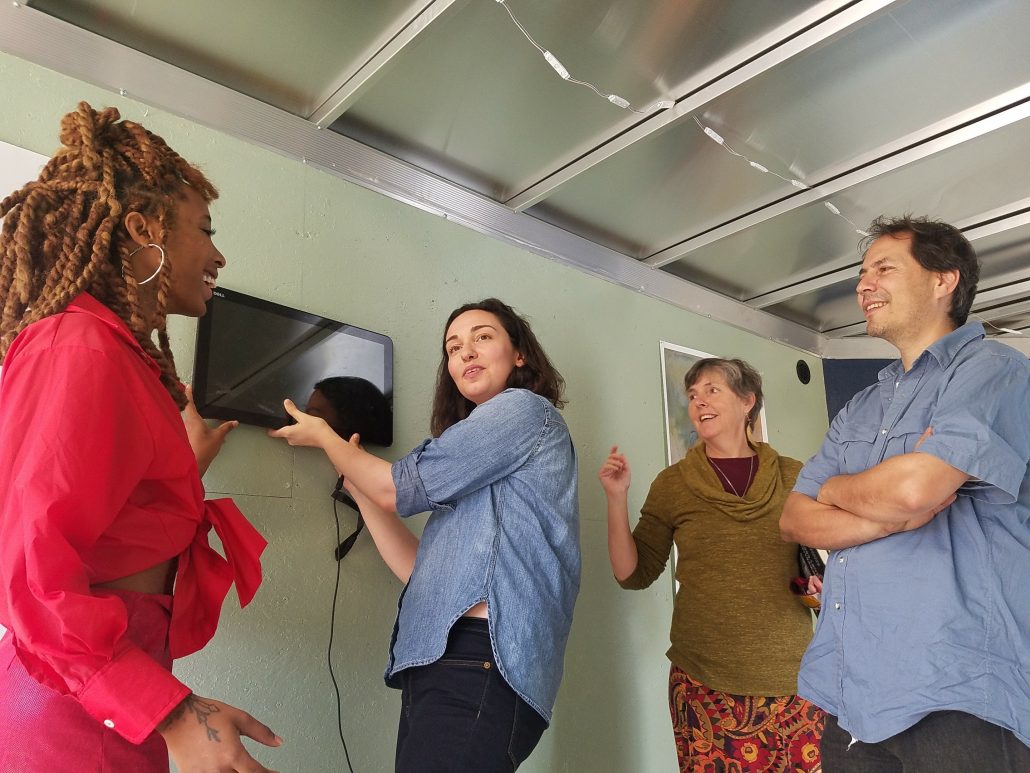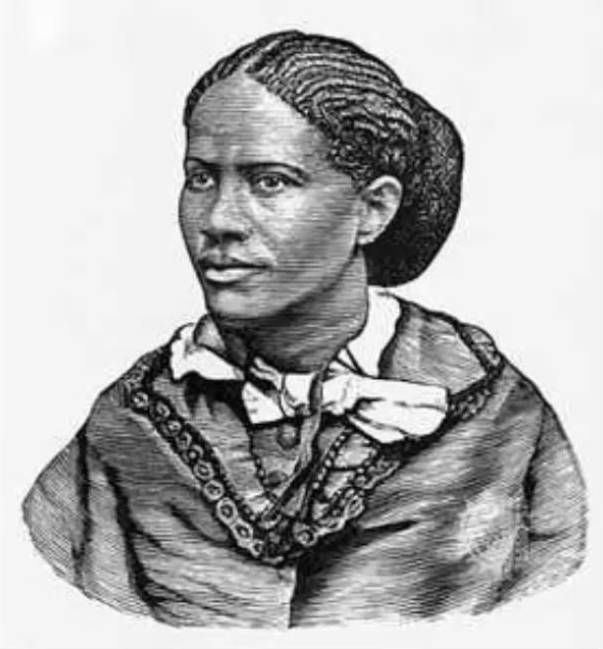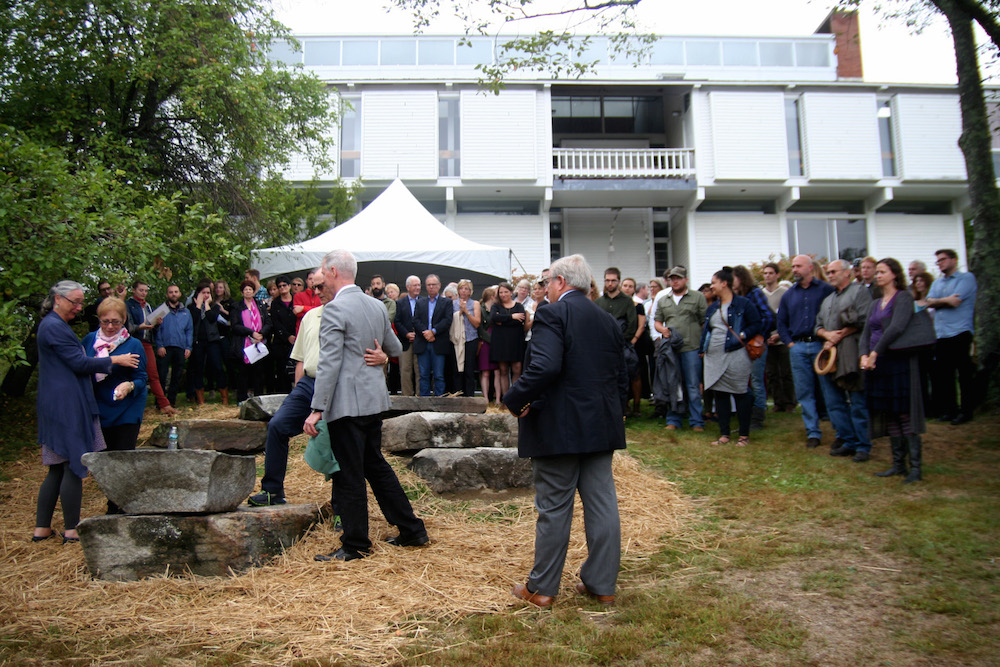William Edelglass
Fields
Philosophy
Environmental Studies
Education
B.A., St. John’s College, 1993
M.A., Emory University, 1999
Ph.D., Emory University, 2004
At Marlboro Since
2008

William dropped out of high school, worked on a communal farm in northern Germany for a year, studied art in Vienna, and then returned to the US to attend a small liberal arts college. He has been a teacher in a variety of settings. He taught philosophy and literature in a federal prison in New York. For many years he was an instructor leading wilderness courses at Outward Bound. At the Institute of Buddhist Dialectics, Dharamsala, India, William taught Western philosophy to Tibetan monks. And he has taught at a number of Buddhist meditation centers. William was attracted to Marlboro by its commitment to preparing students with the skills, methods and background to take responsibility for their own work, and by the vibrant intellectual and artistic community this makes possible. William lives with his family on an off-the-grid homestead and commutes on one of the many Marlboro College trails.
Teaching Philosophy
William teaches on the history of Western philosophy, non-Western philosophy, and contemporary thought. His courses often engage disciplines outside of philosophy, including literature and art, the cognitive and behavioral sciences, Asian studies, religious studies, and environmental studies. Recent courses have included: Hegel’s Phenomenology of Spirit; Antigone and Philosophy; Understanding Happiness: Philosophy, Religion, Science; Emptiness and Form: Philosophical and Literary Expressions of the Dharma; The Genealogy of Race; Moral Theory and Contemporary Science; Critical Theory From Marx to Nancy Fraser; Environmental Philosophy; Interdisciplinary Seminar on Climate Change; Interdisciplinary Perspectives on Attention, Mindfulness, and Contemplation; Heidegger’s Being and Time; Philosophy of Place; and Philosophy of Art and Aesthetics.
Scholarly Activities
William has published widely in Buddhist philosophy, environmental philosophy, and 20th-century European philosophy. Recent projects include work on: phenomenology and climate ethics; rethinking faith and reason in Indian Buddhism; Buddhism and human dignity; the limits of language; deep time; and happiness and the science of meditation. His work has been supported by grants from the Templeton Foundation and the National Endowment for the Humanities. He currently serves as chair of the board of directors of the International Association of Environmental Philosophy and co-editor of the journal Environmental Philosophy. William is also co-editor of Buddhist Philosophy: Essential Readings (Oxford University Press, 2009), the Oxford Handbook of World Philosophy (Oxford University Press, 2011), and Facing Nature: Levinas and Environmental Thought. William also serves on the editorial boards for a number of journals. For more on his scholarly work, see a recent interview William did with 3:AM Magazine and another with Insight Journal, or this conversation with William on the Imperfect Buddha Podcast.
Community Engagement: William is the principal scholar for the Brattleboro Words Project, a multi-year collaboration between Marlboro College, the Brattleboro Historical Society, Brattleboro Literary Festival, Brooks Memorial Library, and Write Action. The Words Project, funded by the National Endowment for the Humanities as part of their Creating Humanities Communities program, brings together local people and institutions, including schools, community groups, and individuals to explore the intersection of history, people, places, and writing. Through spatial storytelling, the Words Project aims to increase sense of place, with many different voices and approaches contributing to a multilayered map of the Brattleboro area for walking, biking, and driving tours, as well as other events (www.brattleborowords.org). William also lectures frequently for the Vermont Humanities Council and is Director of Studies at the Barre Center for Buddhist Studies.
Select Publications
“Aspiration, Conviction, and Serene Joy: Faith and Reason in Indian Buddhist Literature on the Path.” Forthcoming in Beyond Faith Versus Reason: Cross-Cultural Perspectives on the Philosophy of Religion. Edited by Sonia Sikka and Ashwani Peetush. Routledge, 2020.
“The Ethics of Difference and Singularity: Levinas, Responsibility, and Climate Change,” Forthcoming in Moral Theory and Climate Change: Ethical Perspectives on a Warming Planet. Edited by Dale E. Miller and Ben Eggleston. (Routledge, 2020).
“Human Dignity in Chinese Buddhism.” Forthcoming in Chinese and Western Perspectives on Human Dignity: Contributions from Philosophy and Applied Ethics. Edited by Marcus Düwall, Li Jianhui, Wang Xiawei, Dascha Düring, and Gerhard Bos. Cambridge: Cambridge University Press, 2020.
“‘That is why the Buddha Laughs’: Apophasis, Buddhist Practice, and the Paradox of Language.” Journal of Dharma Studies, vol. 1, no. 2 (2019): 201-14.
“Buddhism, Happiness, and the Science of Meditation.” In Meditation, Buddhism, and Science in Context: Humanistic Scholarship and the Scientific Study of Meditation. Edited by David L. McMahan and Erik Braun (New York: Oxford University Press, 2017): 62-83.
“Mindfulness and Moral Transformation: Awakening to Others in Śāntideva’s Ethics.” In The Bloomsbury Handbook of Indian Ethics, edited by Shyam Ranganathan (London: Bloomsbury, 2016), 225-248.
“Buddhist Ethics and Western Moral Philosophy.” In The Blackwell Companion to Buddhist Philosophy, edited by Stephen Emmanuel (London: Blackwell, 2013).
“Rethinking Responsibility in an Age of Anthropogenic Climate Catastrophe.” In Facing Nature: Levinas and Environmental Thought, edited by William Edelglass, James Hatley, and Christian Diehm (Pittsburgh, PA: Duquesne University Press, 2012), 209-228.
“Facing Nature After Levinas.” Co-written with James Hatley and Christian Diehm. In Facing Nature: Levinas and Environmental Thought, edited by William Edelglass, James Hatley, and Christian Diehm (Pittsburgh, PA: Duquesne University Press, 2012), 1-10.
“Philosophy and place-based pedagogies.” In Teaching Philosophy, Andrea Kenkmann (ed.) (London: Continuum, 2009), 69-80.
“Ethics and the subversion of conceptual reification in Levinas and Śāntideva.” In Deconstruction and the Ethical in Asian Thought, Youru Wang (ed.) (New York: Routledge, 2007), 151-61.
“Levinas on suffering and compassion.” Sophia 45(2) (2006): 43-59.
“Moral pluralism, skillful means and environmental ethics.” Environmental Philosophy 3(2) (2006): 8-16.
“Asymmetry and normativity: Levinas reading Dostoevsky on desire, responsibility and suffering.” Analecta Husserliana 85 (2005): 719-36.
“Levinas’s Language.” Analecta Husserliana, vol. 85 (2005): 47-62.
“Merleau-Ponty and Dufrenne on Truth in Art.” Phenomenological Inquiry 28 (2004): 99-115.
Select Invited Presentations
“Buddhism, Poetry, and Ecological Consciousness,” Keynote address at the Swiss Biennial for Science, Technics, and Aesthetics, Lucerne, Switzerland. January 18, 2020.
“Rethinking Native, Stranger, and Home: From the Lure of the Local to a Progressive Sense of Place.” Vermont Humanities Council Annual Conference, Burlington, VT, November 15, 2019.
“Poetic Language and Place,” Duke University, Durham, NC. February 18, 2019.
“The Genealogy of the Concept of Race.” Indian Institute of Technology—Bombay. Mumbai, India. March 19-20, 2018.
“Phenomenology and the Ethics of Difference: Levinas, Responsibility, and Climate Change.” University of Pune. Pune, India. March 17, 2018.
“Reason and Faith in Indian Buddhism,” University of Ottawa, Ottawa, Ontario. September 29, 2017
Commencement Address, Graduate Institute, St. John’s College, Sante Fe, NM. August 4, 2017.
“Nature and Buddhanature: Place, Poetry, and the Transmission of Buddhism.” Earth Day Lecture, University of Utah, Salt Lake City, Utah. April 22, 2017.
“What Counts as Philosophy? Rationality and Practice in Buddhist Traditions.” Minorities and Philosophy Lecture, Brooklyn College, Brooklyn, New York. September 20, 2016.
“Mountains and Rivers Without End: Gary Snyder, Dōgen, and Contemporary Western Buddhism.” Colby College, Waterville, Maine. April 13, 2015.
“Apophasis, Emptiness, and Religious Understanding.” Templeton Foundation Project on Religious Understanding, Working Conference, Avila University, Kansas City, Missouri. March 10, 2015.
“Borders, Deterritorialization, and Contemporary Thought: Doing Philosophy in an age of Postcolonialism and Globalization.” World Philosophy Day Lecture, University of Mumbai, Mumbai, India, December 8, 2014.
“The Broad Tongue of the Buddha: Dharma and the Wild.” Oregon State University, Corvallis, Oregon. October, 2013.
“Global Climate Change, Social Justice, and Buddhist Ethics: An Invitation to Practice.” Salisbury University, Salisbury, MD. September 17, 2013.
“Nativism, Place, and the Sacred: Nature and Violence in Heidegger and Levinas.” University of Jena, Jena, Germany. June 11, 2012.



